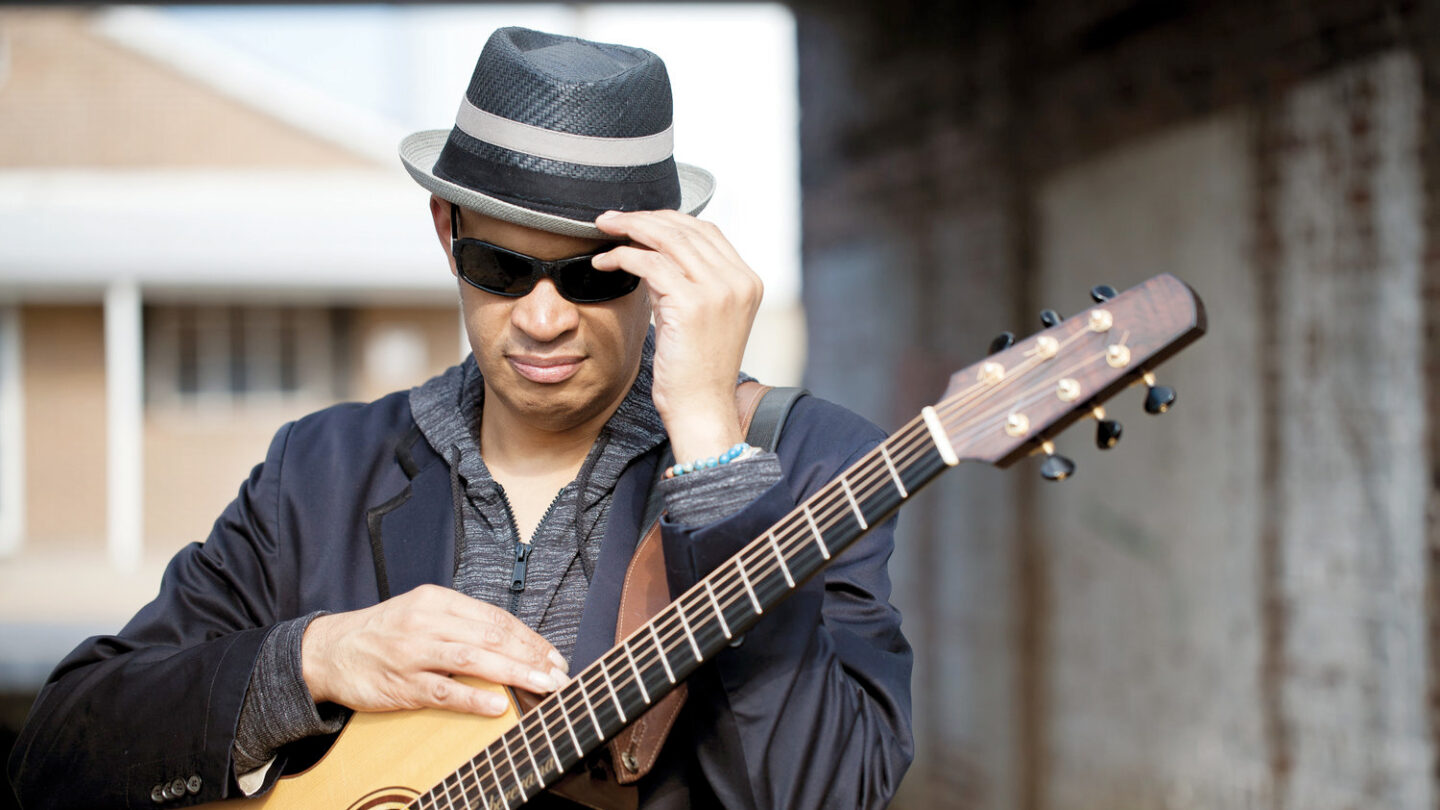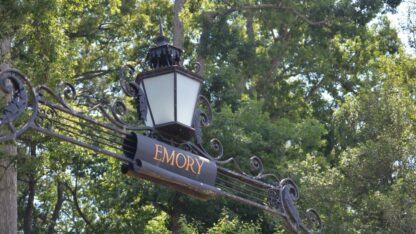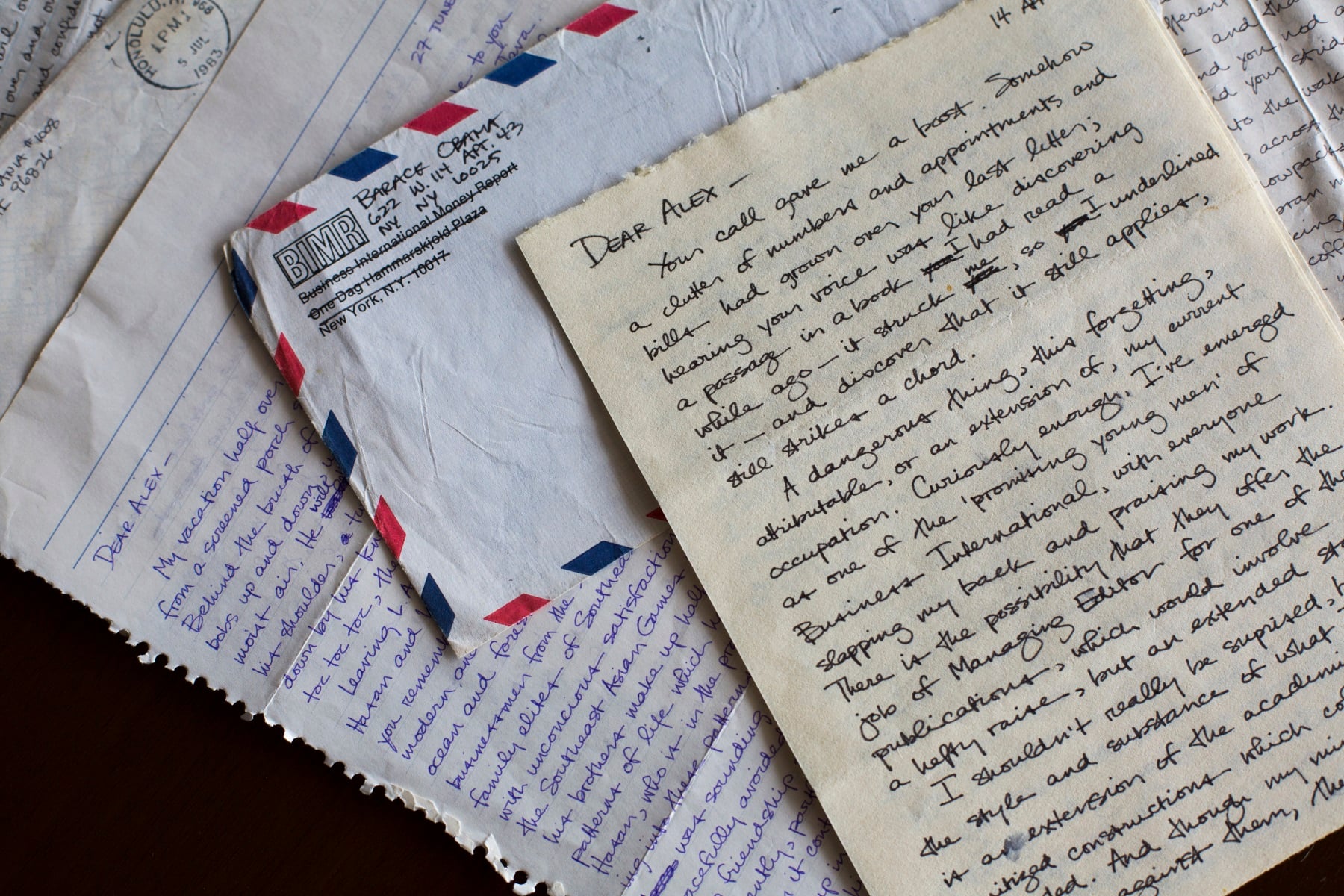Emory University’s Jazz Fest returns this month with free lectures, masterclasses, and concerts, Feb. 3-5. The acclaimed guitarist and Grammy-award nominated artist Raul Midón is a guest soloist, performing with the Gary Motley trio. Professor and jazz performer Gary Motley is also the director of Emory’s jazz studies program and joined “City Lights” host Lois Reitzes via Zoom along with Midon to talk about the history of the Jazz Fest and this year’s roster of special events.
Emory’s Jazz Fest began as a residency program shortly after opening the university’s renowned music hall, the Schwartz Center, in 2003. Just before its opening, jazz legend Dave Brubeck had come to Emory for a residency at their previous venue, the Glenn Auditorium. The experience of collaborating with Brubeck inspired Motley and colleagues to propose that Emory, from then on, make a point of hosting just such residencies for national jazz artists.
“The main thing that we wanted to do in addition to the artists being here was giving the students access to these artists and the community. So the community engagement component really took off,” said Motley. “The students were really enjoying this, and we’ve had quite the track record. So I’m excited that next year will mark the 20th anniversary of the residency program.”
An accomplished singer and guitarist, this year’s residency artist Raul Midón has collaborated with luminaries such as Herbie Hancock, Stevie Wonder, and Bill Withers. His love of guitar arrived early in life, as Midón gravitated naturally to whatever music-making opportunities he could find. “I grew up in rural New Mexico, so we were kind of out in the middle of nowhere,” said Midón. “I always say that if we had had a piano, I probably would have played piano, but what we had was a little guitar.”
Some ascribe an extra helping of musical talent to the fact that Midón is blind, but the artist himself positioned himself as a realist on the topic. “The only thing blindness does, perhaps, is give you a focus,” said Midón, “Because you have a lot less options when you’re blind. You can’t do the backup job…. You can’t say, ‘Well, I’ll do music, and I’ll, you know, bus tables on the side.’ You can’t do that. You don’t have that option. So it gives you this focus of, ‘Okay, if I’m going to do music, then I better really do it.’”









